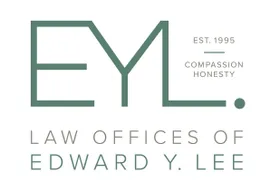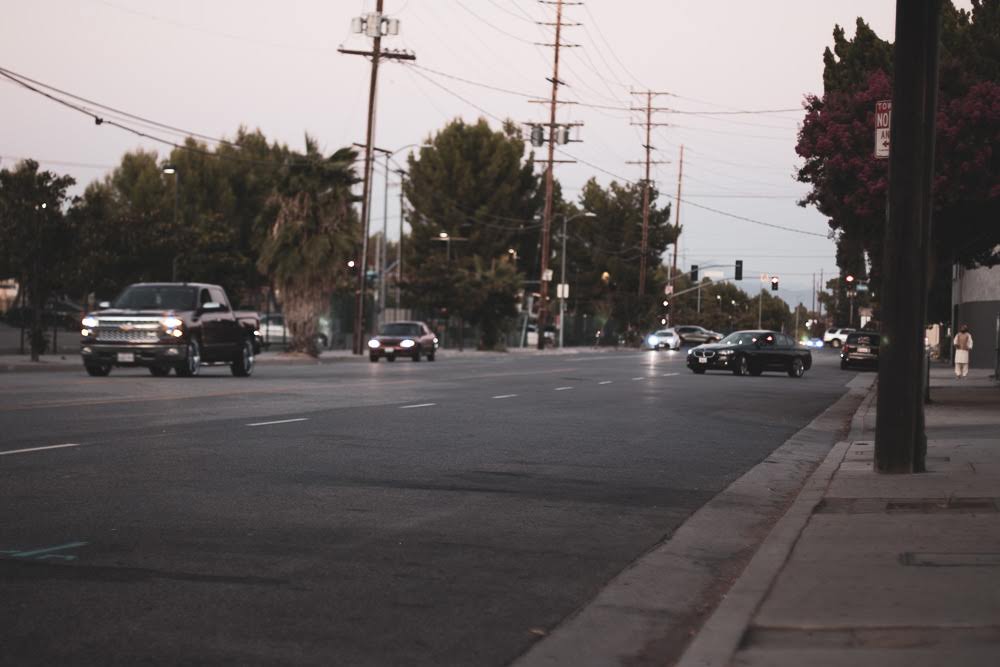The Four Most Common Traffic Violations

Traffic violations are common on roads worldwide, contributing significantly to accidents, injuries, and legal consequences. The following are the most common traffic violations drivers in the United States face.
Speeding
Speeding is the most prevalent traffic violation encountered globally. It occurs when a driver exceeds the posted speed limit or drives too fast for prevailing road conditions. Speed limits are set based on road design, traffic flow, and safety considerations. Violating these limits increases the risk of accidents due to reduced reaction time and greater impact force in collisions.
Some of the most common legal consequences for speeding include:
- Fines: Speeding fines vary based on the severity of the violation and local regulations.
- Points on license: Many jurisdictions assign demerit points to drivers’ licenses for speeding violations. Accumulating points can lead to license suspension or higher insurance premiums.
- Traffic school: In some cases, offenders may be required to attend traffic school as a penalty for speeding.
- License suspension: Repeat offenders or those significantly exceeding speed limits may face temporary or permanent license suspension.
- Criminal charges: Excessive speeding, especially in sensitive areas like school zones, can result in criminal charges, fines, and potential imprisonment.
Running Red Lights And Stop Signs
Failure to stop at red lights or stop signs poses significant risks to drivers, pedestrians, and other road users. Traffic signals and signs are designed to control traffic flow and prevent accidents at intersections. Disregarding these signals can lead to collisions, injuries, and fatalities.
Some of the most common legal consequences for running red lights and stop signs include:
- Fines: Monetary penalties are typically imposed for running red lights or stop signs.
- Points on license: Violations may result in demerit points, impacting driving records and insurance rates.
- Traffic school: In some states, attending traffic school can mitigate penalties for these violations.
- Increased insurance premiums: Insurance rates may rise following a red light or stop sign violation.
Distracted Driving
Distracted driving refers to any activity that diverts a driver’s attention away from the task of driving. Common distractions include texting, talking on the phone, eating, grooming, and using navigation systems while driving. These distractions significantly impair a driver’s ability to react promptly to road conditions and hazards.
Some of the most common legal consequences if you are caught engaging in distracted driving include:
- Fines and penalties: Monetary fines are imposed for distracted driving violations.
- Points on license: Many jurisdictions assign demerit points for distracted driving offenses.
- License suspension: Repeat offenders or those causing accidents due to distractions may face license suspension.
- Increased insurance premiums: Insurance rates typically rise following distracted driving violations.
Driving Under The Influence (DUI)
Driving under the influence of alcohol or drugs is a serious offense that jeopardizes the safety of everyone on the road. Impaired driving reduces coordination, reaction time, and judgment, significantly increasing the risk of accidents and fatalities.
Some of the most common legal consequences if you are convicted of DUI include:
- Fines and penalties: DUI convictions result in substantial fines, potential imprisonment, and community service.
- License suspension: Immediate suspension of driving privileges is common following a DUI arrest.
- Ignition Interlock Devices (IID): Some jurisdictions require offenders to install breathalyzer devices to prevent them from driving under the influence.
- Criminal record: A DUI conviction can lead to a permanent criminal record, affecting employment opportunities and travel.
- Jail: In some states, even a first-offense conviction can result in jail time.
Have You Received A Traffic Violation?
If you have been cited for a traffic violation, your first instinct may be to plead guilty and pay the fine. However, before you risk some of the above consequences, it is important to speak first with a traffic lawyer to find out what legal options you may have.
Thank you to our friends at May Law LLP for their insight into traffic violations.
Note: The information provided in this blog post about injury car accidents in Los Angeles is for general informational purposes only and should not be considered legal advice.
Disclaimer: No attorney-client relationship is established by accessing or using this information. Readers should consult with a qualified attorney for advice specific to their situation. The authors make no representations regarding the accuracy or suitability of the information provided and disclaim any liability for reliance on it. Laws and regulations may vary and are subject to change.



